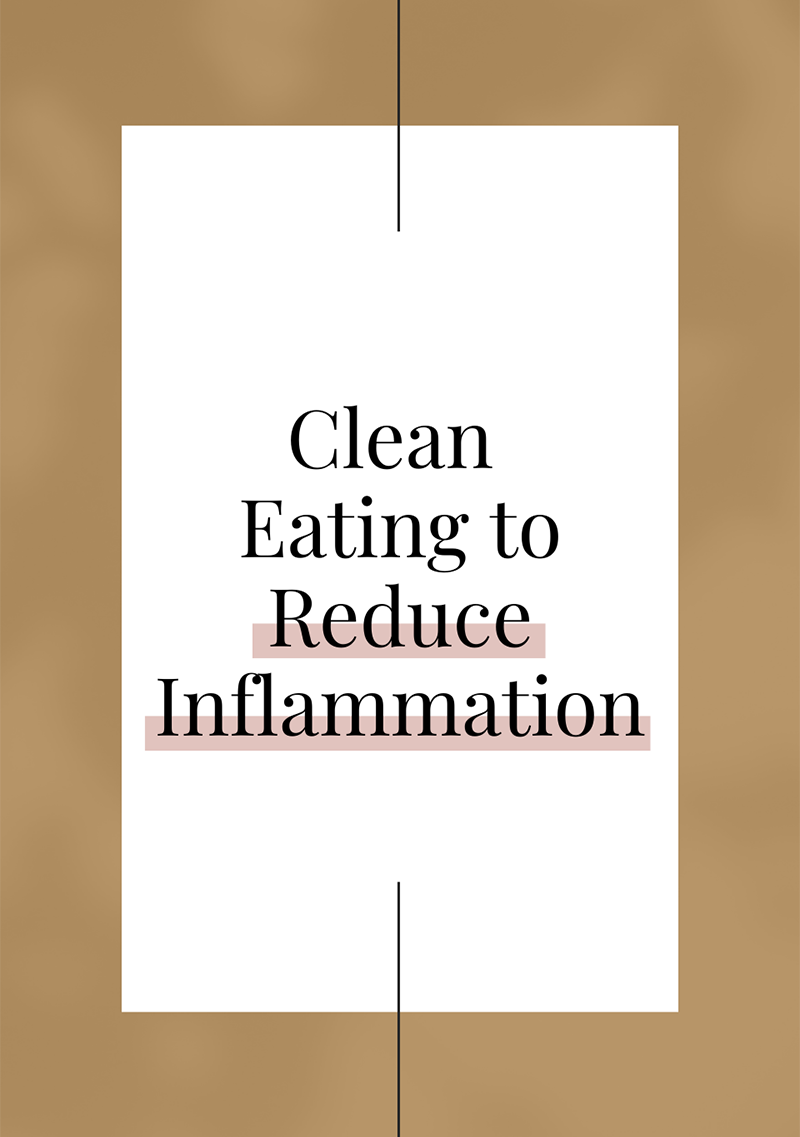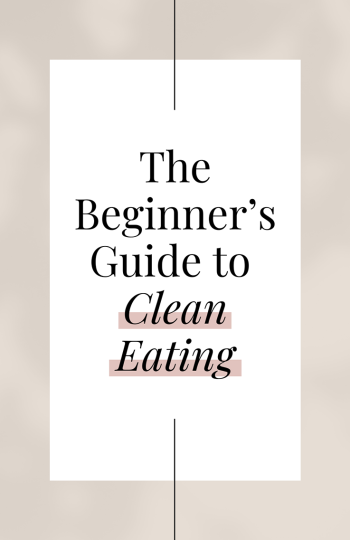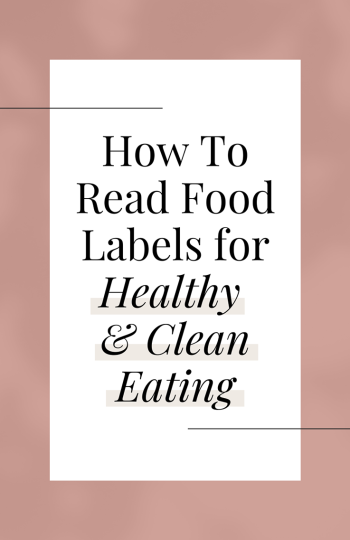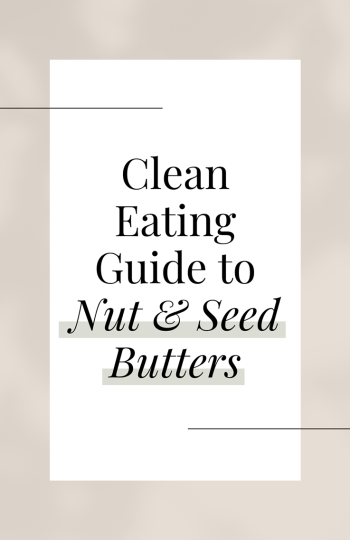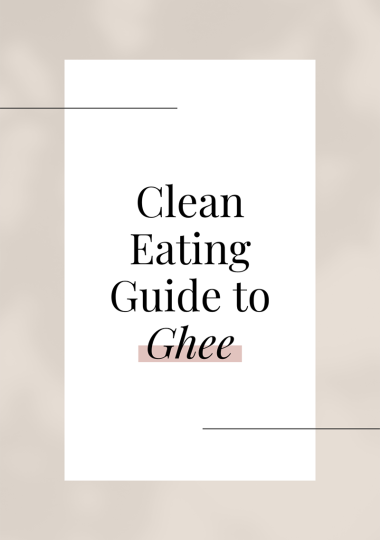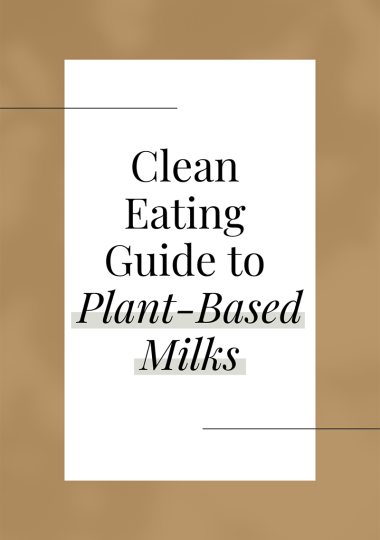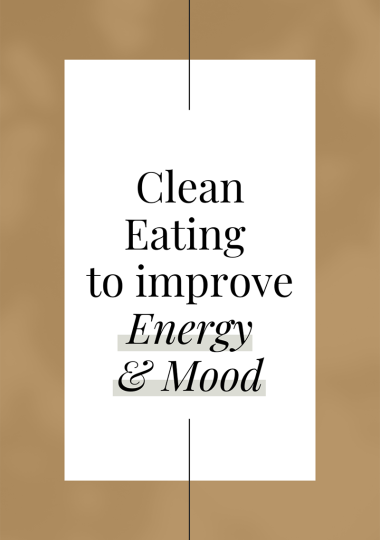Nutritionists, health coaches, and medical professionals all have something to say about inflammation. This term is thrown around so often that you might not understand how it relates to acne, anxiety, and arthritis at the same time. Don’t worry. This guide will take you through a brief description of inflammation, how it impacts your health, and how to shape a diet around reducing (or balancing) inflammation.
What is Inflammation?
Our bodies aim to be in a state of balance (homeostasis) at all times. Many factors threaten this homeostasis: a change in temperature, a lack of energy, or the presence of outside bacteria. If you get a cut or contract a virus, for example, your body’s balance is threatened. Inflammation is the natural response to the presence of these “outside invaders.”
Signs of Inflammation
Inflammation occurs when white blood cells release inflammatory chemicals to affected areas of the body. Blood rushes to the area to help out and prevent any type of infection that might threaten the body further. This increased rush of blood and white blood cells stimulate nerves in the body, causing the pain you might feel after getting a scrape or a cut. Inflammation may also be identified by the following signs:
- Swelling
- Warmth
- Redness
What Does Inflammation Do To The Body?
Inflammation obviously has some positive benefits, but not all inflammation is good! When inflammation becomes chronic (lasting longer than a few weeks or months), white blood cells send out inflammatory chemicals even when no foreign invaders are present. Instead of protecting the body, chronic inflammation can hurt the body. Constant pain, swelling, and stiffness are common symptoms of inflammatory diseases, like rheumatoid arthritis, fibromyalgia, or lupus.
What Foods Cause Inflammation?
Inflammatory diseases are not the only cause of chronic inflammation. Allergies, dehydration, or your diet can also lead the body to send out inflammatory chemicals unnecessarily. Understanding what causes and reduces inflammation can help you build healthy meals that keep this bodily process in check.
Experts caution against these inflammatory substances:
- Sugar
- Omega-6 Fatty Acids
- Saturated Fats and Trans Fats
- MSG
- Gluten
- Alcohol
Some of these ingredients, like Omega-6 fatty acids and gluten, only become harmful when they are consumed in excess. Reducing foods with these ingredients, or replacing them with more anti-inflammatory foods, can reduce the body’s inflammatory response and prevent the more harmful side effects of inflammation
Best Foods to Reduce Inflammation
The best general anti-inflammatory diet includes a variety of colors in your fresh fruits and vegetables. Taste the rainbow! Research shows that leafy greens, like spinach and kale, reduce inflammation due to their high levels of antioxidant properties. Brightly-colored fruits like cherries, raspberries, and blackberries can also reduce inflammation and elevate your overall health.
Keep an eye out for other properties that can help to reduce inflammation, including:
- Antioxidants
- Omega-3 Fatty Acids
- Vitamin C
The below 30 foods will add these properties to your overall diet and replace inflammatory foods that can lead to an imbalance in your body.
Best Sources of Antioxidants
Within the body, you can find molecules that are missing electrons. These molecules, called free radicals, can react with other molecules and make a serious impact on bodily functioning and overall health. Free radicals are like inflammation: they can be helpful, but an excessive amount can cause damage to your body.
Antioxidants can help to fight against free radicals by donating electrons that make the free radical more stable. Foods that are high in antioxidants help to boost immunity and reduce your risk of diseases like diabetes and heart disease.
Bee Pollen + Honey
Research shows that bee pollen has high antioxidant properties and may even work to reduce inflammation while treating illness and injury. No wonder it is considered a medicine in some countries! The antioxidant properties in honey have been linked to lowered blood pressure and a reduced risk of heart attack or stroke. Thank a bee today!
Blue/Purple Fruits + Veggies
Blue and purple berries provide antioxidants known as anthocyanins. These compounds may reduce inflammation, boost immunity, and reduce your risk of heart disease. Take your pick from any of these delicious blue and purple foods:
- Blueberries
- Blackberries
- Eggplants
- Turnips
- Figs
- Purple Potatoes
- Purple Carrots
- Purple Cauliflower
- Purple Peppers
- Grapes
- Purple Cabbage
Broccoli
Broccoli is one of the best sources of sulforaphane, an antioxidant with powerful anti-inflammatory effects. Eat it raw, steamed, stir-fried, or as a side to your favorite dishes!
Cherries
Sweet and tart cherries contain antioxidants that reduce inflammation and oxidative stress. By reducing oxidative stress, you can reduce your risk of early aging and a long list of chronic conditions. They really are the “cherry on top” of this list!
EVOO
Extra virgin olive oil provides powerful anti-inflammatory benefits. Using EVOO instead of canola oil or more refined oils can reduce your risk of heart disease, cancer, and other serious health conditions. Add it to your pan while sauteing leafy greens and mushrooms for a quick meal that doesn’t increase inflammation!
Peppers
Chili peppers and bell peppers are rich in quercetin, sinapic acid, ferulic acid, and other antioxidants with strong anti-inflammatory effects.
Sweet Potatoes
Sweet potatoes are high in antioxidants like beta-carotene and Vitamin C. They make a great base for healthy meals all throughout the day: stuff them with chickpeas or add them into a waffle.
Tomatoes
Tomatoes are also an excellent source of lycopene, which may reduce inflammation and protect against cancer.
Best Sources of Omega-3 Fatty Acids
Not all fat is bad! Fats that contain Omega-3 fatty acids can boost your health. Studies show a minimum of 500mg Omega-3s each day may help to reduce inflammation, as well as your risk of cancer, heart disease, and even anxiety. Omega-3 fatty acids also promote brain health. Fish is the best source of Omega-3s, but vegetarians and vegans also have options for getting this fat into their diet.
Avocados
Bring on all the healthy fats! Avocados offer various beneficial compounds that protect against inflammation and may reduce your cancer risk.
Chia Seeds
Chia seeds are the perfect topping for every meal: toasts, oat bowls, and even salmon! They are considered one of the easiest ways to add Omega-3s to your diet. Over 70% of the fats in chia seeds contain Omega-3 fatty acids.
Fish
It’s recommended to eat salmon, sardines, herring, mackerel, or tuna at least twice a week. Fatty fish has high amounts of the omega-3 fatty acids EPA and DHA, which have anti-inflammatory effects. Try to cook these fish with EVOO instead of refined oils.
Flax Seeds
Harvard Health recommends that vegetarians and vegans use flax seeds and flaxseed oil for a “backup” supply of Omega-3s. A tablespoon of flaxseed oil in a salad dressing or smoothie contains over 7,000mg of Omega-3 fatty acids.
Walnuts
Walnuts are some of the only tree nuts that contain Omega-3 fatty acids. Like flax seeds and chia seeds, they make a great topping on any salad!
Best Sources of Vitamin C
Vitamin C is an antioxidant known for its ability to form collagen, boost immunity, and reduce inflammation. We all know that oranges contain Vitamin C, but what about other foods that contain Vitamin C and anti-inflammatory properties? You might be surprised to see some of these fruits on this list.
Cantaloupe
Cantaloupe is a seriously underrated fruit! In addition to high levels of Vitamin C, cantaloupes also contain antioxidants like beta-carotene, cryptoxanthin, lutein, and zeaxanthin. Add them into your breakfast rotation!
Grapefruit
One cup of grapefruit can give you the recommended daily dose of Vitamin C! Enjoy them for breakfast, caramelize one in the oven, or even add it to your favorite mocktail.
Lemon
Lemon juice is a great topping for salads, avocado toast, or added into warm water to start off your day! This tart and tangy fruit contains 30mg Vitamin C.
Kiwi
One tiny kiwi is packed with over 60mg Vitamin C. They are great to enjoy plain or added to a breakfast yogurt bowl!
Mango
Mango has more Vitamin C than an orange. Start your day with a high dose of Vitamin C by making these mango peach ginger breakfast muffins (they’re dairy-free, gluten-free, and vegan)!
Nectarine
Citrus fruits bring the summer weather wherever you go! Make this tomato peach summer salad and add nectarines instead!
More Foods That Reduce Inflammation
Green Tea + Matcha
Trade in your happy hour beverage for a relaxing cup of green tea. Green tea and matcha both have a high EGCG content that can reduce inflammation and safeguard your cells from damage that can lead to disease. My favorite brand of matcha is ceremonial-grade Matchaful!
Mushrooms
Some edible mushrooms (including portobello, shiitake, or king oyster) have properties that may decrease inflammation. I love to saute them with some garlic and EVOO!
Turmeric
Turmeric contains a powerful anti-inflammatory compound called curcumin. Eating black pepper with turmeric can significantly enhance the absorption of curcumin. I love adding turmeric in dishes like my chickpea tajine!
Cocoa/Dark Chocolate
Flavanols in dark chocolate and cocoa can reduce inflammation. Try choosing darker chocolate when you have a sweet craving.
Whole Grains
Adding in whole grains like quinoa, buckwheat (Lil Bucks has a great buckwheat cereal), and oatmeal tend to be high in fiber, which can help with inflammation.
Easy Ways to Incorporate Anti-Inflammatory Foods Into Your Routine
An anti-inflammatory diet doesn’t have to feel restricting or complicated and it’s all about what works for you. You can try these ideas below to help to reduce inflammation and enhance the meals that you already love!
- Add berries to your breakfast
- Swap out your dessert for a piece of dark chocolate (my favorite is Hu Chocolate)
- Make my chia salmon
- Make a breakfast hash with eggs and lots of anti-inflammatory veggies, like mushrooms and kale
- Try adding turmeric (fresh or powder) in hot water, fresh sliced garlic, and a 1-2 tsp of raw honey
- Swap out your afternoon coffee for green tea or a matcha latte
Leave a comment below with your favorite anti-inflammatory foods and recipes that incorporate them into your everyday meals!
